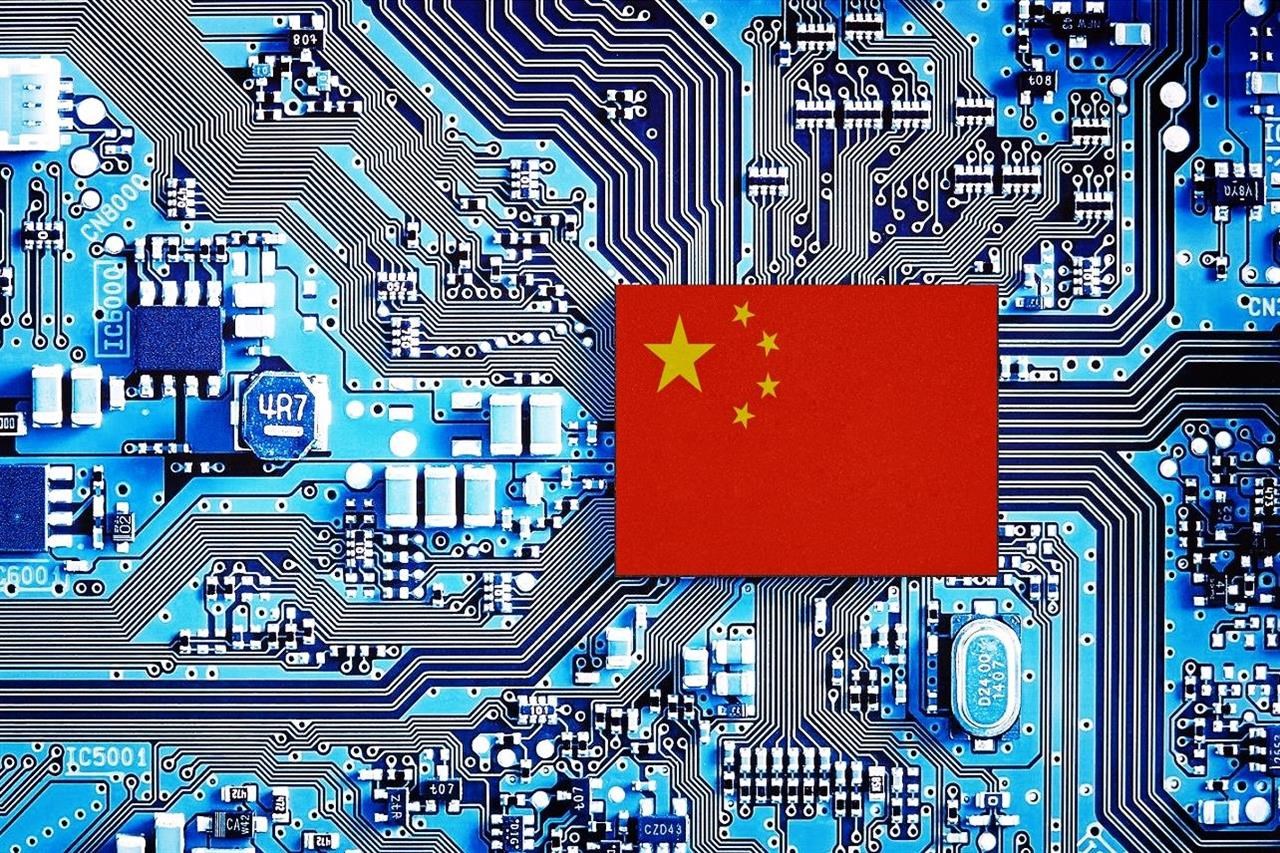China hits back against US chip sanctions, files WTO complaint
The case of US sanctions on Chinese semiconductors is still escalating.
-

China hits back. (DIGITIMES)
China has filed a case with the World Trade Organization, hitting back against US export sanctions on microchips, further fueling the tech war between Washington and Beijing.
On Monday, China's ministry of commerce said its WTO complaint was a legal and necessary measure to defend its "legitimate rights and interests. "
Read next: US pushes Dutch chip firm to halt China exports, Netherlands not happy
For context, in October, the US Department of Commerce introduced sanctions on China, putting hurdles in Beijing's way to buy or develop advanced semiconductors.
“At a minimum, the case is about China pushing back on how it’s perceived as an unfair actor in the global trading world,” said Ben Kostrzewa, an expert on US-China trade relations at Hogan Lovells.
The complaint would mark the first step in a WTO mediation process, where the case would normally be put before the Appellate Body - however, the body has been suspended due to disagreements among member states.
Kostrzewa notes that China's complaint is not likely to "create any legal effect" unless the body gets back to work.
Read next: US tech companies prohibited from building facilities in China
This move also comes weeks after US President Joe Biden and Chinese President Xi Jinping met on a joint mission to improve ties, in addition to days after a landmark WTO panel produced a ruling that backed Beijing against Washington.
The sanctions were aimed at impeding Beijing's ability to use high-end US technology for military uses, including the development of weapons. They prevent US companies from exporting technology to Chinese companies or entities producing high-end chips in modern devices, in addition to the latest-developed electric vehicles, smartphones and artificial intelligence.
The sanctions shook the global semiconductor supply chain, revealing China's importance in global chip production.
Semiconductors, more commonly known as chips, are a highly pivotal component in the defense industry, especially as it shifts and takes a more modern approach that delves into the futuristic realms requiring advanced semiconductors, which are key in manufacturing many things, from computers to autonomous vehicles, and even hypersonic weapons. The Biden administration's step jeopardizes China's advancement and pushes it back years into the past at a level not adequate with that of this time.
US giants within the chip industry, such as Lam Research and KLA Corporation, both of which make chip-manufacturing equipment, have suspended sales and services to Chinese chipmakers. Meanwhile, the pressure caused ASML Holding, a Dutch-based chip equipment supplier, to implore its staff in the United States to stop exporting equipment to China.
Ironically, US chip firms will bear the brunt of their own country's decisions, especially as China serves as their largest market, accounting for 33%, 31%, and 27% of Applied Materials, Lam Research, and Intel, respectively.
Nvidia and Applied Materials will sustain heavy losses due to the sanctions, projecting a loss of $400 million next quarter, which will bring down revenue by 7% for the former and 6% for the latter.
Read more: US sanctions on chips not to hamper China military capabilities

 3 Min Read
3 Min Read








